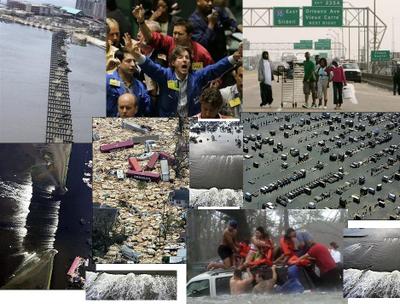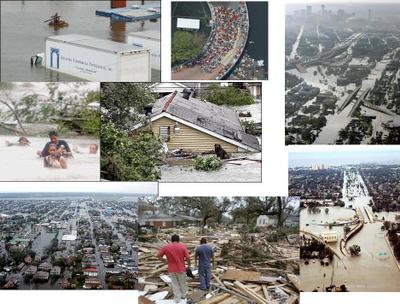
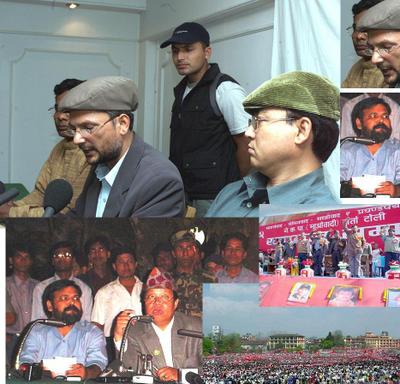
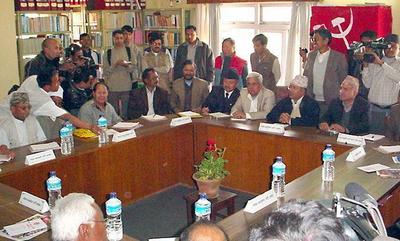
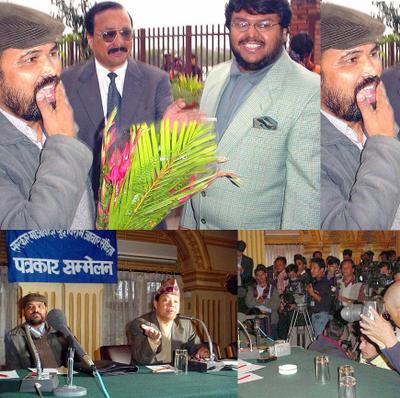


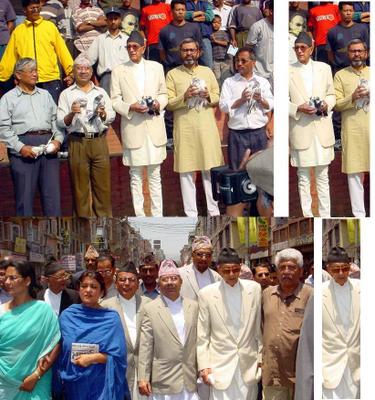


I think this might be the best way out of the political paralysis. Start here: Proposed Constitution. And replace Article 5 with the one from an earlier version of the same document:
Article 5: The Monarchy
- The monarch is the guardian of the constitution and the one who formally invites formations of governments from the parliaments and formally inducts governments.
- The first born, son or daughter, is heir to the throne.
- The monarch's immediate family - defined as parent(s), wife, children, and grandchildren, and others in direct lineage, the monarch's siblings and their children, and above the law - is to get annual allowances from the state at the 1991 levels. The amount may not be reduced by the parliament. The monarch may request the parliament increases to the allowance through the Prime Minister at any time. Such allowances are not to be taxed, although businesses owned by members of the said family will be subject to taxation and the law.
- The monarch may decide to retire at an age of his or her choosing, or not.
- It is a state goal to open up enough holdings of the royal family with consent from the monarch to tourists so as to offset the state expenditure on the monarchy through revenue from tourism. Rituals may also be designed and included.
- The monarch may opt to appoint a Prince/Princess for each state, to be called Prince/Princess of Purbanchal/Madhyamanchal/Paschimanchal from among the members of the royal family, or not. The monarch may also choose to appoint members that might have married into the family. Such appointments may be rescinded by the monarch at any time. The title comes with extra allowances from the state and a state-funded residence in the state capital. The spouse of the appointed royal family member gets the accompanying title.
- Members of the royal family may marry individuals of their choice, not necessarily from certain families, or from within the country.
- The monarch will give the annual State Of The Kingdom address, the speech to be crafted by the Prime Minister summarizing the achievements in the public and the private sectors over the past year and outlining a vision for the future years.
- It is for the monarch to decide as to who in the political arena or the media to meet for private or public audiences. The monarch may also send political directives of advisory nature to the parliament throught the Prime Minister at any time, none of which is to be binding.
- The monarchy may be abolished with a 75% vote in the national parliament.
I am presenting a monarchy in a form that does not exist anywhere. This is not imitating Japan or Britain. And I am also presenting a democracy that does not exist anywhere, not in America, not in India.
The Maoists need to make note of Article 1.8: Political parties may not engage in fund-raising activities. Instead each national party, described as those that garnered at least 5% of the votes in the previous nationwide elections, will get an annual sum that will be directly proportional to the number of votes it earned. That money is to be used for party-building and electioneering activities. Details of expenses are to be posted online in the three languages to the last paisa on at least an annual basis.
Also Articles 6.10, 6.11, 6.12, and 6.13.
Prachanda might particularly like Article 7.1: The national capital is to be shifted from Kathmandu to the Chitwan valley within 10 years of this constitution getting promulgated.
The monarchy I have designed is in several ways better than a republic anyone else could.
- It has zero political power: Article 2.4. And the monarch still gets seen and heard: Article 5.8.
- It does not cost the country a dime: Article 5.5. You end up with a monarchy that is cheaper than a president and governors might be.
I have said this before. Let the three warring factions and all the component parties take a look at this document. Seek points you all can agree on. Things you can not agree on can be decided upon through a Constituent Assembly. What say you? All you have to do is take a look at the document, pen in hand, check all items you like, cross all items you dislike, and add a list of items you would add if you could. How hard can that be? As easy as a multiple choice question test.
This is like every party to the conflict is being given a blank slate and being told, okay so right down all you want. That is what it is. My document just provides a framework so there is some discipline to the process. And such that agreements and disagreements can be aired publicly. The process can stay transparent.
